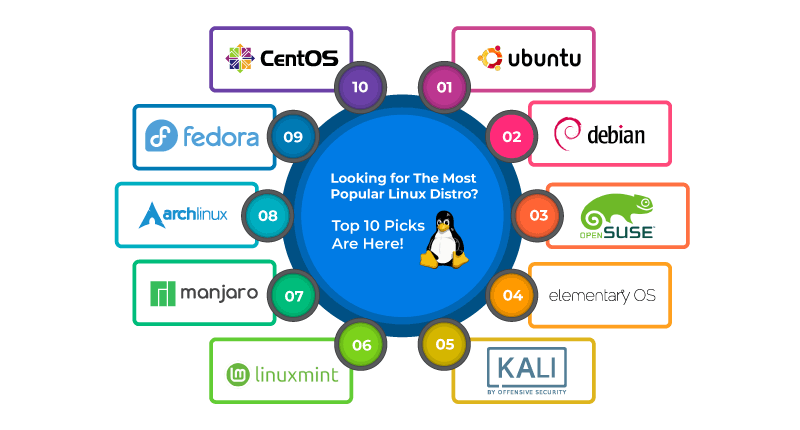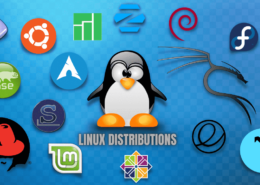Linux Basic
Week 1: Introduction to Linux
- Day 1: What is Linux?
- Day 2: History and evolution of Linux
- Day 3: Benefits of using Linux
- Day 4: Popular distributions
- Day 5: Getting started: Installing Linux
Week 2: Basic Linux Commands
- Day 1: Introduction to the terminal
- Day 2: Basic commands for file navigation and manipulation
- Day 3: Working with files and directories
- Day 4: Filesystem hierarchy standard (FHS)
- Day 5: Understanding paths and directory structure
Week 3: User Accounts and Permissions
- Day 1: Creating and managing user accounts
- Day 2: Understanding permissions
- Day 3: File and directory permissions
- Day 4: Introduction to groups
- Day 5: Practice exercises on user management and permissions
Week 4: Package Management and Software Installation
- Day 1: Introduction to package managers (apt, yum)
- Day 2: Installing, updating, and removing software packages
- Day 3: Working with repositories
- Day 4: Installing software from source
- Day 5: Practice exercises on package management
Week 5: Text Editing and Shell Scripting Basics
- Day 1: Basic text editing with Vim or Nano
- Day 2: Introduction to shell scripting
- Day 3: Writing and executing simple shell scripts
- Day 4: Variables and basic control structures
- Day 5: Practice exercises on text editing and shell scripting
Week 6: Filesystem Navigation and Management
- Day 1: Advanced file manipulation commands
- Day 2: File and directory manipulation
- Day 3: Archive management (tar, gzip)
- Day 4: Disk usage management
- Day 5: Practice exercises on filesystem management
Week 7: Introduction to Networking
- Day 1: Understanding IP addresses and networking basics
- Day 2: Basic network commands (ping, ifconfig)
- Day 3: Configuring network interfaces
- Day 4: Introduction to network services (SSH, FTP)
- Day 5: Practice exercises on networking
Week 8: System Administration Basics
- Day 1: System startup and shutdown
- Day 2: Process management (ps, top)
- Day 3: Managing services (systemd, systemctl)
- Day 4: Managing system resources (CPU, memory)
- Day 5: Practice exercises on system administration
Week 9: Introduction to Security
- Day 1: Basic Linux security principles
- Day 2: User authentication methods
- Day 3: Managing permissions and ownership
- Day 4: Introduction to firewalls
- Day 5: Practice exercises on Linux security
Week 10: Advanced Topics
- Day 1: Advanced shell scripting techniques
- Day 2: Introduction to virtualization
- Day 3: Introduction to containers (Docker)
- Day 4: Setting up a web server (Apache)
- Day 5: Practice exercises on advanced topics
Week 11: Troubleshooting and Debugging
- Day 1: Reading and interpreting system logs
- Day 2: Identifying and resolving common issues
- Day 3: Using debugging tools (strace, lsof)
- Day 4: Finding help and resources online
- Day 5: Practice exercises on troubleshooting
Week 12: Final Project and Review
- Day 1-4: Work on a final project (e.g., setting up a server, automating tasks)
- Day 5: Review and wrap-up of the course, Q&A session



